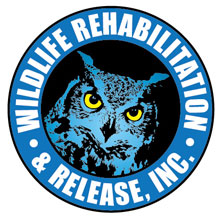Turtle Time
I have had more calls on turtles this year than I recall having any other year. So far that number exceeds forty. They get in trouble crossing the road. Why? I have no clue. They don’t appear to be headed to a particular area. I am certain of one thing: Wherever they decided to go, […]
